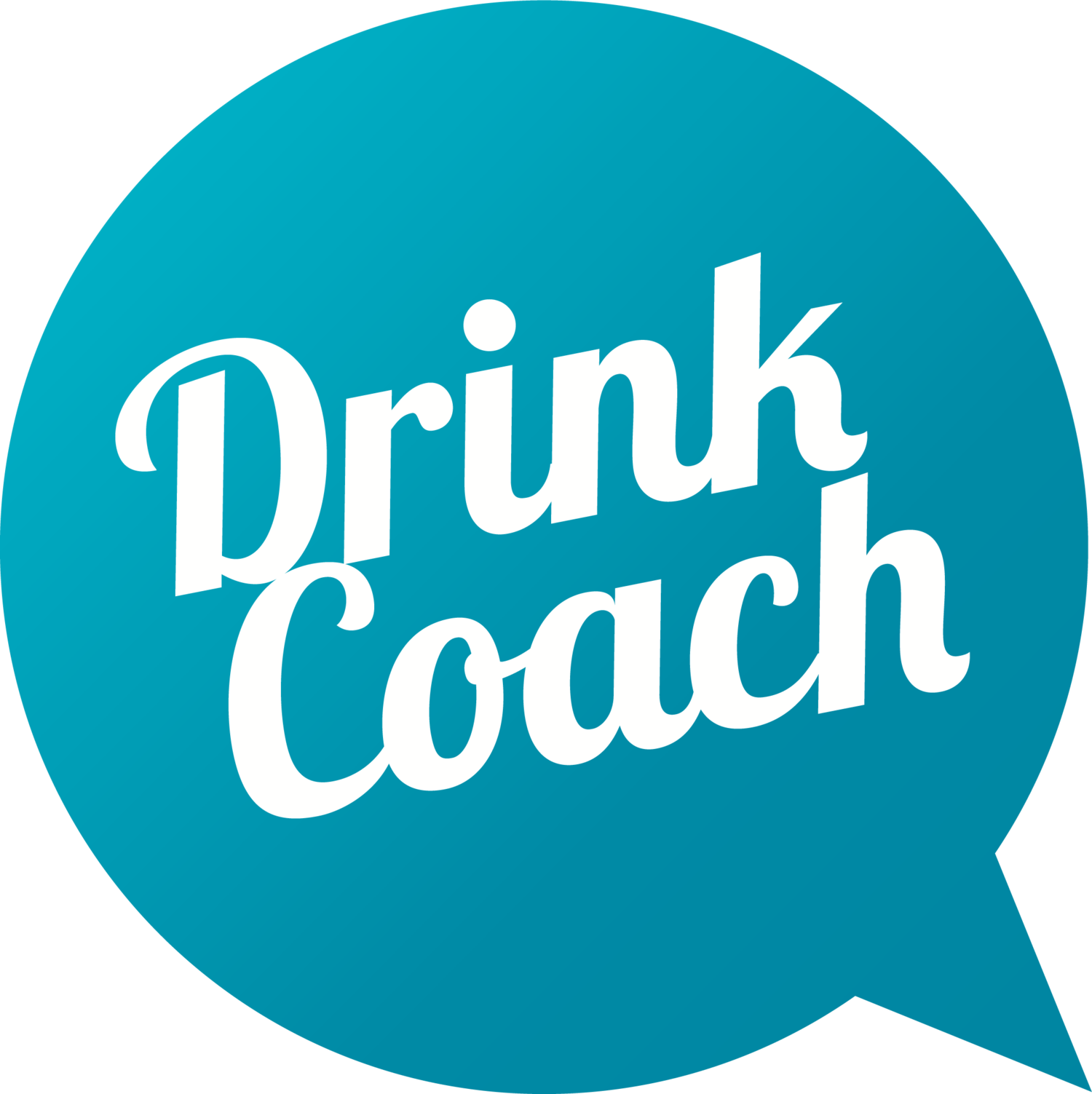Alcohol and your health: the short term effects
DRIVING & ALCOHOL
We know alcohol affects decision making and reflexes and as a result is a significant cause of road accidents and deaths.
In 2016, 100 pedestrians were killed or seriously injured by drink drivers, as were 330 car passengers.
Department for Transport (2017)
RAS51005: Estimated number of drink drive casualties in reported accidents by casualty type, gender and age
The drink drive limit in England, Wales & Northern Ireland is 80mg of alcohol per 100ml of blood.
In 2016 in Great Britain, there were 9,040 drink-drive casualties and 6,070 drink-drive accidents.
Department for Transport (2018).
Estimated number of reported drink drive accidents and casualties in Great Britain: 1979-2016.
Drink driving penalties.
The penalties for drink driving will depend on the charge, but if you are caught driving or attempting to drive while above the limit you could face:
6 months imprisonment
An unlimited fine
A driving ban for at least 1 year (3 years if convicted twice in 10 years)
Driving the morning after.
It’s not safe to assume that you’re sober enough to drive the morning after a big night.
As a rule of thumb your body will process a unit of alcohol every hour but that will depend on your age, sex, height, weight and other factors. If you are intending to drive the following morning it’s advisable to drink less or not at all.
“The drink drive limit in England, Wales & Northern Ireland is 80 milligrams of alcohol per 100 millilitres of blood or 0.08. In Scotland, Australia, New Zealand - and many other parts of the world - it is much lower at 0.05.”













